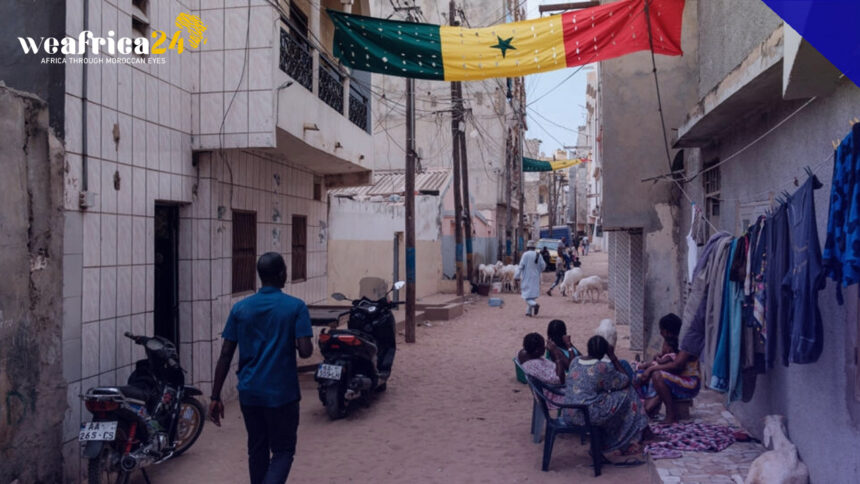Senegal finds itself at a critical juncture as discontent within civil society persists, ten days following President Macky Sall’s announcement to postpone the presidential election. Despite hurdles in expressing dissent, the dissatisfaction remains palpable. A planned march in Dakar on Tuesday, February 13th, organized by the civil society platform Aar Sunu Élections, was prohibited. However, the platform vows to mobilize once again.
The citizen movement Aar Sunu Élections pledges a new silent march on Saturday, February 17th, with a revised route approved this time by the capital’s prefecture, which had previously banned the event on February 13th. The gathering aims to denounce the election postponement and advocate for a return to the original electoral schedule, as outlined by researcher Elimane Kane, one of the platform’s founding members, representing over fifty civil society organizations.
“It is incumbent upon the President of the Republic to reassess his position, to realize the magnitude of the betrayal he is committing against the Senegalese people, and therefore to retract the measures he has taken to allow the republican calendar to resume its normal course. The election can proceed. Even if we have lost a few weeks of the campaign, there is still time until April 3rd. Otherwise, if we cannot complete everything by then, he must step down and allow the President of the National Assembly to continue until a new president is elected,” assesses the researcher.
While the desire to revert to the original plan is shared, President Macky Sall shows no signs of reversing his decision to postpone the election. Instead, recent days have seen attempts at de-escalation, such as the restoration of the private television channel Walf TV, whose signal was initially cut off. However, many anticipate additional conciliatory measures, including the possible release of political prisoners, though none have been announced as yet.
Amidst these developments, appeals for calm and dialogue abound. On Tuesday, the leader of the Tidiane religious community, a significant figure in Senegal, urged restraint and encouraged political actors to prioritize dialogue amidst the “tense” situation. Additionally, former presidents Abdou Diouf and Abdoulaye Wade have also called for dialogue and acknowledged the election’s postponement to December 15th.
Nevertheless, authorities have thus far not permitted any gatherings to protest the postponement. On Tuesday, mobile internet was once again cut off, the second time in eight days, signaling ongoing tension in Senegal.
Awaiting Decision from the Constitutional Council
In this context, the Constitutional Council, the final institutional barrier for those opposing the election postponement, is poised to make a highly anticipated decision. Opposition candidates petitioned the Council last week to determine whether the law mandating the election’s postponement to December 15th adheres to the Constitution. Their argument centers on the violation of the Constitution by extending President Macky Sall’s tenure beyond April 2nd, as the Constitution prohibits any revision to the president’s term limit. The Constitutional Council has one month to deliberate.
Antony Blinken Concerned about Senegal’s Political Situation
Meanwhile, U.S. Secretary of State Antony Blinken has reiterated his call for Senegal to hold elections “as soon as possible” and to reinstate the country’s electoral and presidential transition schedules by the Constitution. Following a conversation with President Macky Sall, Blinken conveyed serious American concerns regarding Senegal’s current political situation.







